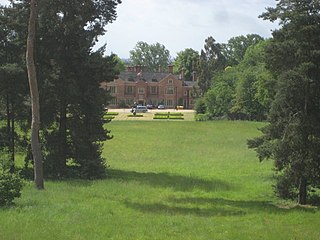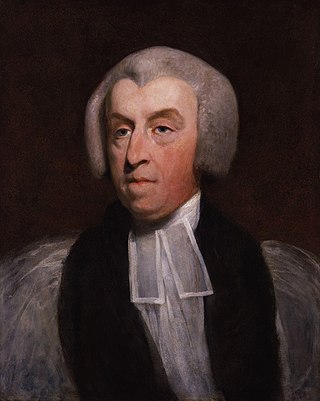Related Research Articles
John Taylor was Master of the Rolls of the Court of Chancery from 1527 to 1534, following a successful career as a priest and civil servant.

The Church of St Margaret, Westminster Abbey is in the grounds of Westminster Abbey on Parliament Square, London, England. It is dedicated to Margaret of Antioch, and forms part of a single World Heritage Site with the Palace of Westminster and Westminster Abbey.

John Vesey or Veysey was Bishop of Exeter from 1519 until his death in 1554, having been briefly deposed 1551–3 by King Edward VI for his opposition to the Reformation.

John Prideaux was an English academic and Bishop of Worcester.

John Thornborough (1551–1641) was an English bishop.

Thomas White (1628–1698) was Bishop of Peterborough from 1685 to 1690.
William Thomas was a Welsh Anglican bishop. He was ejected from his living at Laugharne during the English Civil War. He was restored in 1660 and became the Bishop of St David's and later the Bishop of Worcester.
Thomas Slythurst was an English academic and Roman Catholic priest. He was the first President of Trinity College, Oxford. He lost his positions in 1559, on the accession of Elizabeth I of England, by his refusal to take the Oath of Supremacy. It has been said that he died in the Tower of London, but this is contested.
Robert Skinner was an English bishop successively of Bristol, of Oxford, and of Worcester.

Roger Maynwaring, variously spelt Mainwaring or Manwaring, was a bishop in the Church of England, censured by Parliament in 1628 for sermons seen as undermining the law and constitution.

Thomas Bickley (1518–1596) was an English churchman, a Marian exile who became Warden of Merton College, Oxford and Bishop of Chichester

George Fleetwood (1623–1672) was an English major-general and one of the regicides of King Charles I of England.

The Vache is an estate near Chalfont St Giles in Buckinghamshire, England. Located within the estate is a monument dedicated to the memory of Captain James Cook (1728–1779), the explorer. It has been owned or occupied by, among others, Hester and George Fleetwood, regicide of Charles I.

Folliott Herbert Walker Cornewall was an English bishop of three sees.
Francis Hare (1671–1740) was an English churchman and classical scholar, bishop of St Asaph from 1727 and bishop of Chichester from 1731.
William Franklyn (1460–1556) was an English churchman, who became dean of Windsor.

Sir George Fleetwood was an English politician who sat in the House of Commons at various times between 1586 and 1611.

Sir Peter Fretchville of Staveley, Derbyshire, was an English politician who sat in the House of Commons in 1601 and from 1621 to 1622. In 1604 he built Staveley Hall, which survives today.
Gregory Hascard DD was a Canon of Windsor from 1671 to 1684 and then Dean of Windsor from 1684 until 1708, but he was also a noted pluralist. He wrote three books on religious subjects.

Henry James was an English clergyman and academic at the University of Cambridge, who served as President of Queens' College, Cambridge 1675–1717 and Regius Professor of Divinity 1699–1717.
References
- Notes
- ↑ B. S. Benedikz, ‘Fleetwood, James (bap. 1603, d. 1683)’, Oxford Dictionary of National Biography , Oxford University Press, 2004, accessed 1 Jan 2009
- ↑ "James Fleetwood (FLTT622J)". A Cambridge Alumni Database. University of Cambridge.
- Sources
- A Genealogical and Heraldic History of the Extinct and Dormant Baronetcies of England, Ireland and Scotland 2nd Ed (1844) John and John Bernard Burke p200 Google Books. Brief biography of James Fleetwood.